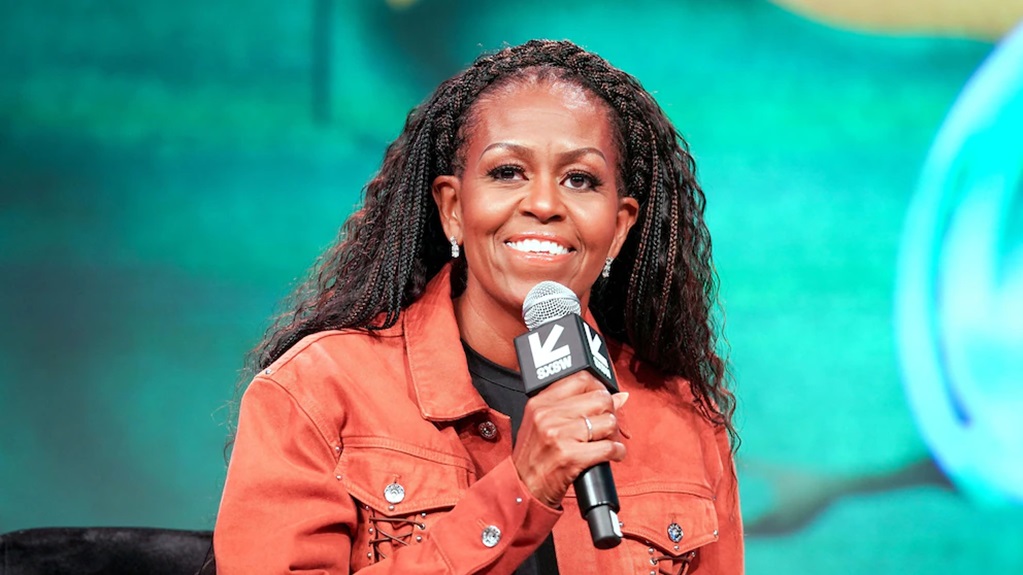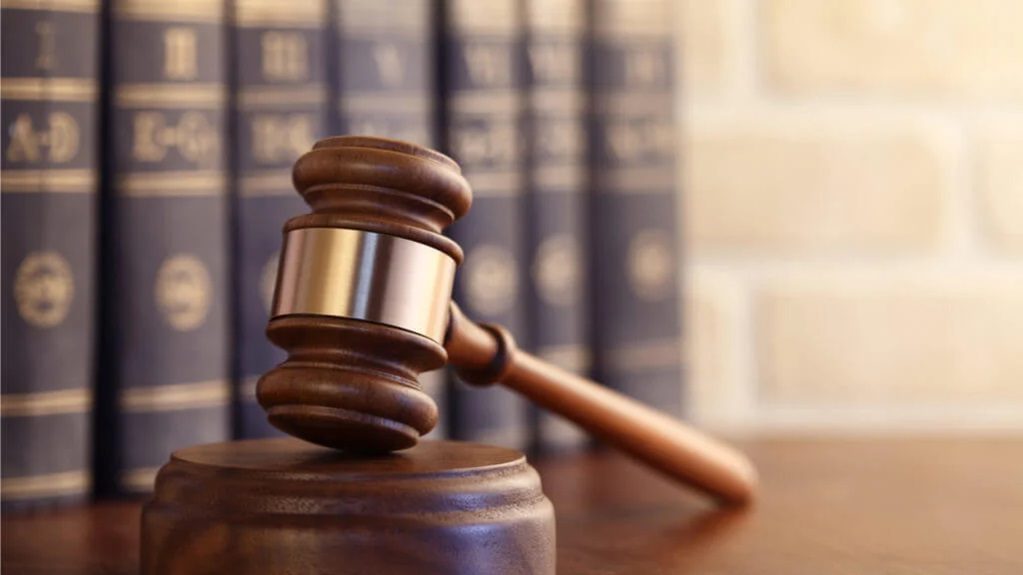TikTok creators say House ban threatens lives and livelihoods
Written by worldOneFm on March 13, 2024
Small-business owners, educators, activists and young people who use TikTok were scrambling to respond Wednesday after the House approved a proposal to ban the popular app, with many arguing that it plays an increasingly crucial role in the national economy and American public life.
“Banning TikTok would shut down a lot of small businesses, including mine,” said Brandon Hurst, 30, a Los Angeles plant shop owner who credits the app with boosting lackluster sales. “These representatives and senators don’t understand that what they’re doing won’t just harm people they call ‘content creators.’ It would hurt small businesses.”
Dozens of TikTok supporters gathered outside the Capitol on Wednesday to oppose the measure, which passed the House with overwhelming support but faces an uncertain fate in the Senate. Among them was Gigi Gonzalez, a financial educator from Chicago who said a TikTok ban would destroy her financially.
“It would get rid of my biggest source of revenue,” said Gonzalez, 34, who said she earns her living largely through brand deals on TikTok, speaking gigs she secures through TikTok and digital courses that she sells through TikTok. Before TikTok, Gonzalez said she mostly tried to reach people through webinars, which drew sparse attendance. Now, she said, she reaches millions, many of whom buy her courses and books.
“TikTok provides more benefit than harm than any other social media platform,” added Heather DiRocco, an artist and content creator from Montana who makes money by touting products in her videos and through the platform’s creativity program beta, which pays creators based on the number of views they amass on videos over a minute in length.
DiRocco is one of several plaintiffs seeking to overturn Montana’s first-in-the-nation ban on TikTok, which was set to take effect in January but was blocked by a federal judge.
“I could not replicate the money that I make on TikTok through any other platform,” DiRocco said. If a national ban passes Congress and President Biden follows through on his pledge to sign it, she said, “I will lose my biggest platform as a content creator, stripped from me with no recompense or compensation.”
Since rebranding in 2018 under the name TikTok, the app has risen to become one of the most popular social media platforms, with 170 million monthly users in the United States alone. Hundreds of thousands of content creators make a living on the app, which has skyrocketed artists and influencers such as Lil Nas X, Doja Cat and Charli D’Amelio to overnight fame.
More than 7 million American businesses market or sell their products through TikTok, according to the company. According to a study issued Wednesday by Oxford Economics, a financial consultancy, TikTok drove $14.7 billion in revenue for small-business owners last year and contributed $24.2 billion to U.S. gross domestic product. The study also found that TikTok supports at least 224,000 American jobs, with the greatest economic impact in California, Texas, Florida, New York and Illinois.
In addition to its economic impact, TikTok has become a huge educational hub. Through its #LearnOnTikTok initiative, the company has partnered with more than 800 public figures, publishers, educational institutions and subject matter experts to bring educational material to the app. TikTok also gives grants to educators and nonprofits that produce educational content.
“Both sides of the aisle know that TikTok is a crucial tool that many — particularly young people — use for education, advocacy and organizing,” said Annie Wu Henry, a digital strategist and content creator. “It’s incredibly clear, too, that many of these politicians don’t fully understand what the app is that they are trying to ban or even why they are trying to ban it.”
Even as TikTok has become increasingly important economically, it has drawn fire from policymakers in both parties, who have expressed concern about the content being served to users of the app and about its parent company’s ties to China. On Wednesday, Rep. Dan Crenshaw (R-Tex.) posted to X that “voting against this bill is a vote for the Chinese Communist Party.”







